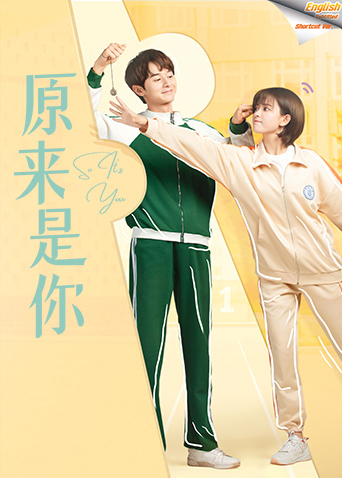洛朗和罗丽夫妇住在南部一座小城里,中文过着幸福宽裕的生活。一天,中文玛丽乔的野营车正巧开到他们家门口就抛锚了。洛朗和玛丽乔有一个共同点:他们俩都喜欢女人……直接坦荡的喜剧手法精辟呈现出风貌多样的爱情。夸张荒谬的情节,却在某些层面上更接近人性的真实面,勇敢地说出许多人不敢面对的逆向爱情。
洛朗和罗丽夫妇住在南部一座小城里,中文过着幸福宽裕的生活。一天,中文玛丽乔的野营车正巧开到他们家门口就抛锚了。洛朗和玛丽乔有一个共同点:他们俩都喜欢女人……直接坦荡的喜剧手法精辟呈现出风貌多样的爱情。夸张荒谬的情节,却在某些层面上更接近人性的真实面,勇敢地说出许多人不敢面对的逆向爱情。

回复 :A police officer videotapes his wife having various sexual encounters to spruce up their marriage, which soon lands both of them in hot water with a mobster whom blackmails them to videotape an encounter with a crooked politician.
回复 :At the outbreak of the Spanish Civil War, the nun Maria is forced to flee her convent. She takes refuge in a brothel, until it is liberated by a woman's anarchist group. Maria joins the group and eventually goes to the front. The women's group faces the problems of fighting not only the nationalists, but also factions on the left seeking to impose a more traditional military structure.
回复 :When the film begins, it is all over. “We know it’s terminal, and that’s all”, says Juliane of her mother Kerstin, who is in great pain and about to die aged just 64. Although the young doctor she consults acknowledges on a personal level that everyone has the right to manage their own death, he nonetheless reminds her that euthanasia is still illegal in Germany. This is even more the case at the Catholic hospice where Kerstin is staying. As relatives come to say goodbye to her mother and the emotions of memories mingle with the anticipation of grief, Juliane finds herself having to do battle with time – unbending, apathetic and monochrome – and this is superbly reflected in the convulsions of the handheld camera in wide shots.Based on personal experience, Jessica Krummacher’s second feature film vividly relates the painful story of losing a parent. There is no violence or morbidity, rather the director describes the most important of events via the smallest, most fragile of details – the exchanging of words, texts and tender gestures that remain with us and get under our skin.
